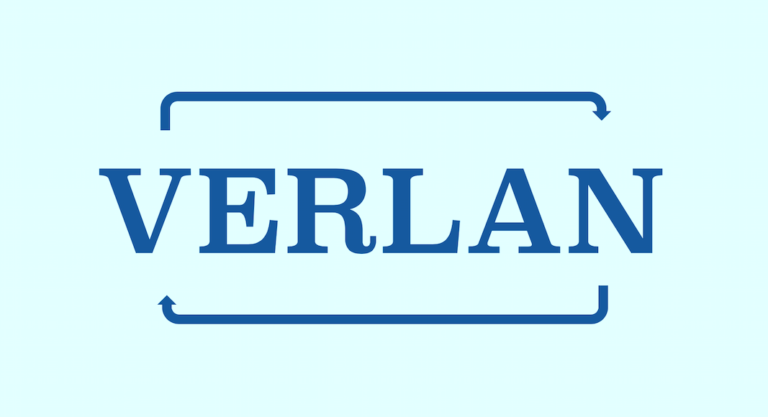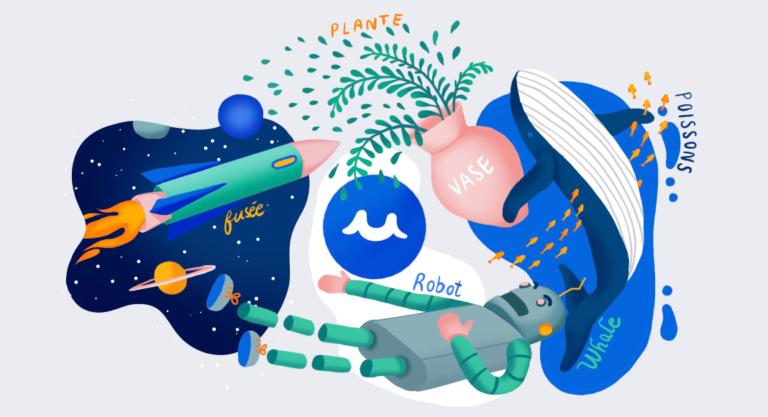Every country has expressions that are confusing to foreigners. For example, if you told a French person “that’s in the ballpark,” they would wonder why you were talking about a sports stadium.
So what does it mean when a French person says “Il est fada“? Not every French person could tell you, because that expression comes from Provence, the fabled South of France. Read on to learn some unique-to-Provence phrases, plus a few widely used terms that are just oh-so Provençal. Feel free to throw them into your regular parlance…that is sure to keep people guessing!
1. Il est brave / Il est bien brave
Literal meaning: He is brave
Real meaning: He is friendly but not very bright. In most of France, if someone calls you brave it’s a compliment; it means they think you are courageous. But watch out if it happens in Provence!
2. Les yeux bordés d’anchois
Literal meaning: Eyes lined with anchovies
Real meaning: To be tired, to have red-rimmed eyes because of fatigue. “Vas te coucher que t’as les yeux bordés d’anchois!” (Go to bed, your eyes are lined with anchovies!)
3. Être Fada
Literal and real meaning: To be crazy. This can be used literally (re: insane), as in “Il est fada” (he’s crazy) or non-literally, as in “C’est un fada de foot” (he’s crazy about soccer).
4. Changer l’eau des olives
Literal meaning: To change the water in the olives
Real meaning: To faire pipi, to go to the bathroom
5. Esquichés comme des anchois
Literal meaning: Pressed like anchovies
Real meaning: Squished together in a tight space, as in “Dans le bus, nous étions esquichés comme des anchois.” (In the bus we were squished together like anchovies.)
6. Faire Pâques avant les Rameaux
Literal meaning: To celebrate Easter before Palm Sunday
Real meaning: To have a baby before getting married
7. Être couvert comme Saint-Georges
Literal meaning: To be dressed like Saint George
Real meaning: To be dressed warmly, like Saint George in his heavy armor when he killed the dragon.
8. Faire le cacou
Literal meaning: To do the cacou
Real meaning: To show off or to put on an act. Typically it’s a young man doing this.
9. Parler pointu
Literal meaning: To speak sharply / shrilly
Real meaning: To speak like someone from the north of France, especially someone with a clipped Parisian accent. By contrast, the people of the south parler plat (speak flatly).
10. Devenir chèvre
Literal meaning: To become a goat
Real meaning: To go crazy, as in “Tu me fais devenir chèvre, toi!” (You’re making me go crazy!)
11. Avoir des oursins dans la poche
Literal meaning: To have sea urchins in the pocket
Real meaning: To be stingy. When it comes time to split the bill at a bar or a restaurant, the stingy guy never seems to reach for his wallet. In Provence, they say that’s because he has sea urchins in his pocket!
12. Le temps de tuer un âne à coups de figues
Literal meaning: The time to kill a donkey by hitting it with figs
Real meaning: A very long time. If you consider how soft a fig is, and how tough a donkey is, it would take a long time indeed to kill a donkey just by throwing figs at it.
13. Tomber un oeil
Literal meaning: To drop an eyeball
Real meaning: Never, because you never drop an eyeball. “Il vient me voir chaque fois qu’il lui tombe un oeil.” (He never comes to see me.)
Keith Van Sickle splits his time between Provence and California. He is the author of the best-selling An Insider’s Guide to Provence and the best-sellers One Sip at a Time: Learning to Live in Provence and Are We French Yet? Read more at Life in Provence.
Also Read: Jokes for Anyone Who Speaks French






